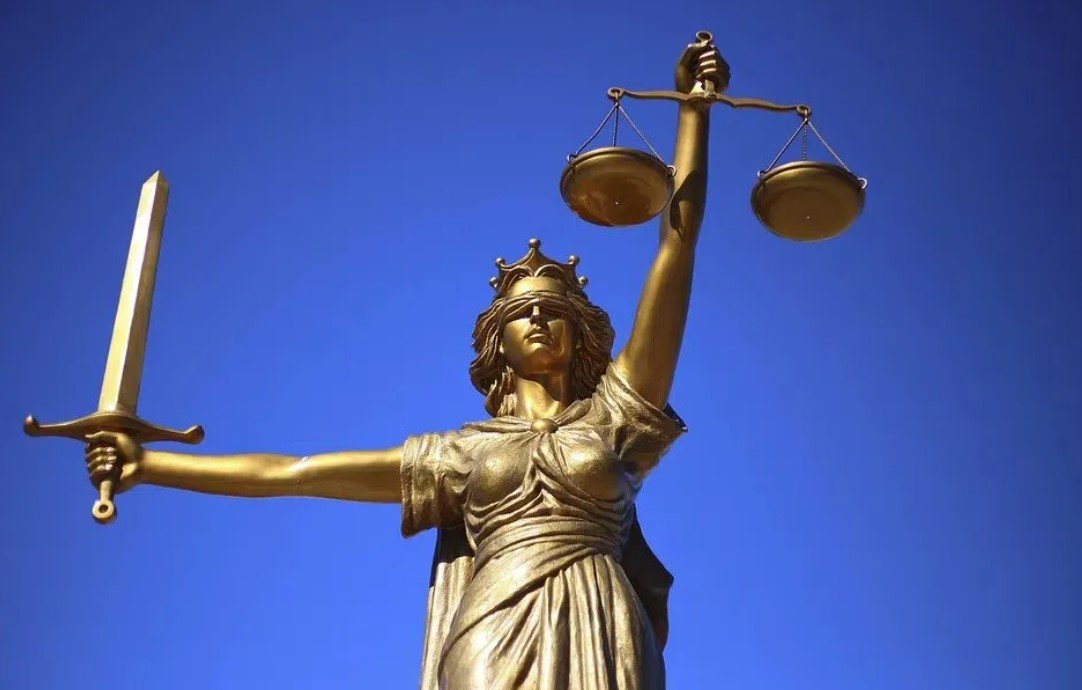In a decisive stride towards protecting minors from the perils of the digital world, Florida has enacted a pioneering law mandating age verification for both pornographic content and social media usage. This legislation, known as HB 3, is a testament to the state’s commitment to safeguarding its youth from the potential harms of unregulated internet exposure.
The inception of HB 3 was fueled by a growing concern over the easy access minors have to adult content and the unchecked use of social media. The law stipulates that individuals aged 14 and 15 must obtain parental consent before creating social media accounts, while those 13 and younger are barred from account creation altogether. This move not only aims to protect children from exposure to inappropriate material but also to foster a safer online environment where parents can have greater control over their children’s digital footprint.

The bipartisan support for HB 3 underscores the universal recognition of the need for such protective measures. The law’s proponents view it as a crucial step in combating the negative influences that can stem from premature exposure to adult content and the pressures of social media.
The Mechanics of Enforcement
Enforcement of HB 3 involves significant penalties for non-compliance. Social media companies that fail to verify the ages of their users or neglect to delete minors’ accounts may face legal action under Florida’s Unfair and Deceptive Trade Practices Act. Similarly, pornography sites that do not perform due diligence in age verification could be met with hefty lawsuits, with fines reaching up to $10,000 for each minor allowed access to inappropriate content.
The law’s stringent enforcement mechanisms serve as a deterrent to companies that might otherwise prioritize profit over the well-being of young users. It also empowers parents to take legal action should their children be exposed to harmful content, thereby reinforcing the law’s protective intent.
The Controversy and the Future
Despite its noble intentions, HB 3 has not been without its detractors. Critics argue that the law may infringe upon First Amendment rights and the right to anonymous free speech. The potential for legal challenges looms large, with some questioning the constitutionality of such stringent regulations.
As Florida navigates the complex interplay between protecting its youth and upholding digital freedoms, HB 3 stands as a bold statement of intent. It is a law that could shape the future of online content regulation, not just in Florida but across the nation.
















